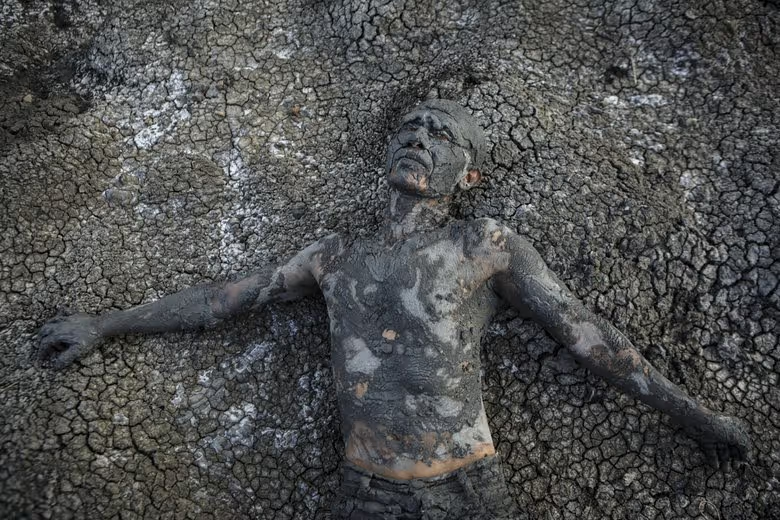The Ethics of Recovery: What Happens After an Industrial Disaster?
Overview

Industrial accidents are a fact of life in the modern world. Oil spills, chemical explosions, leaks of toxic waste, and other disasters can devastate individual lives and communities for generations. The lesson uses an Indonesian drilling explosion documented in the film, Grit, to explore what ethical and equitable recovery from such disasters might look like. Students will use role play and group discussion to explore how stakeholders can increase understanding and come to consensus about steps required to make everyone whole. The lesson can be adapted to focus on business ethics, safe science and engineering practices, government regulations and responsibility, civic engagement, or all of these.
OBJECTIVES
In this lesson, students will:
Learn about Indonesia and a devastating drilling accident that occurred in 2006 with effects ongoing
Use discussion and role play to consider how emotional reactions and differences in goals can effect long-term response to and recovery from industrial disasters
Practice perspective-taking (standing in someone else’s shoes)
Create a reflection on what they’ve learned, either in writing, art, or a multimedia project
GRADE LEVELS: 11-12
Subject Areas
Civics / Government
Global Studies
Business
Earth Science
Ecology / Environmental Science
Ethics
Research Skills
English/Language Arts
MATERIALS
Film Clips and a way to screen them; Internet connection; a way for students to share lists
ESTIMATED TIME NEEDED
90 minutes plus homework
